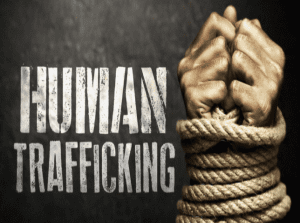Human Trafficking: Modern Day Slavery Implications for Mental Health and Drugs Use (3HR)
In this webinar, we will discuss theoretical and conceptual frameworks that offer a range of perspectives on human trafficking that depends on the understanding of this complex social problem. We will examine the ecological and intersectionality perspective as it ties together poverty, gender, prostitution, undocumented workers, and unpaid migrant workers. Finally, we will review case studies based on real trafficking cases worked by social workers and law enforcement along with the ethical implications.
Upon completion of training, participants will be able to:
- Explain the various types of Human Trafficking and explore NC statistics.
- Identify Human Trafficking: Know the signs.
- Explain & demonstrate the term “The Weaponization of Drugs & Human Trafficking”.
- Identify the main concepts of risk factors for physical health, mental health & substance use.
- Determine & implement evidence-based treatments for caring for the trafficked client.
- Assess the ethical challenges & review recommendations for those who treat them.
This course offers 3 hours of Substance-Specific, Evidence-Based Practices, Psychopathology, & Ethics (2-hours) Note: This course is not approved by the ASWB for continuing education
Course Instructor: Shannon McCabe, MA, LCAS, CCS, CCJP, CPS
Recording Date: 12/06/2024



